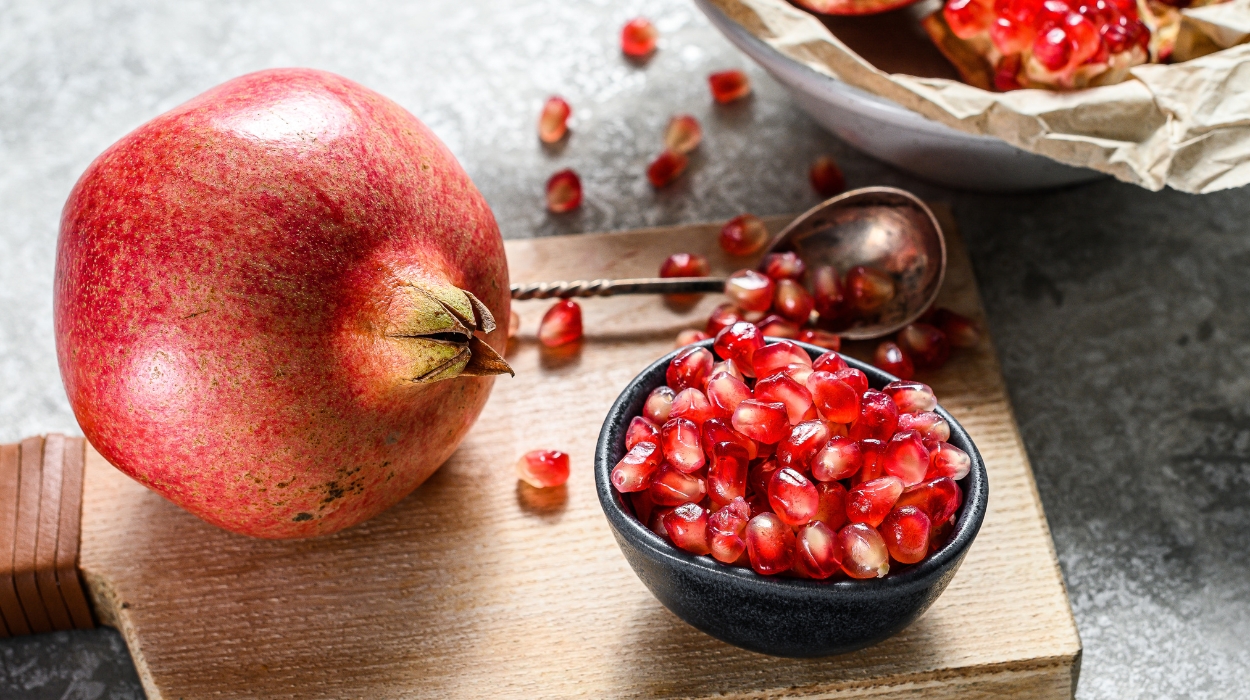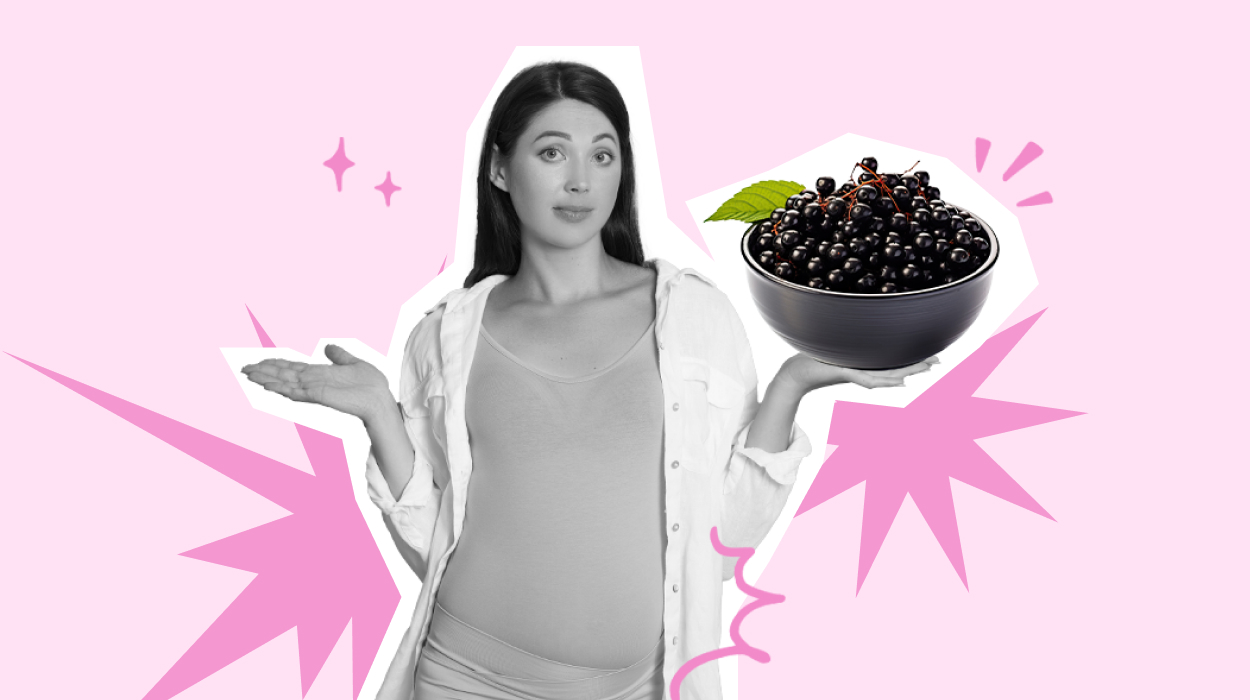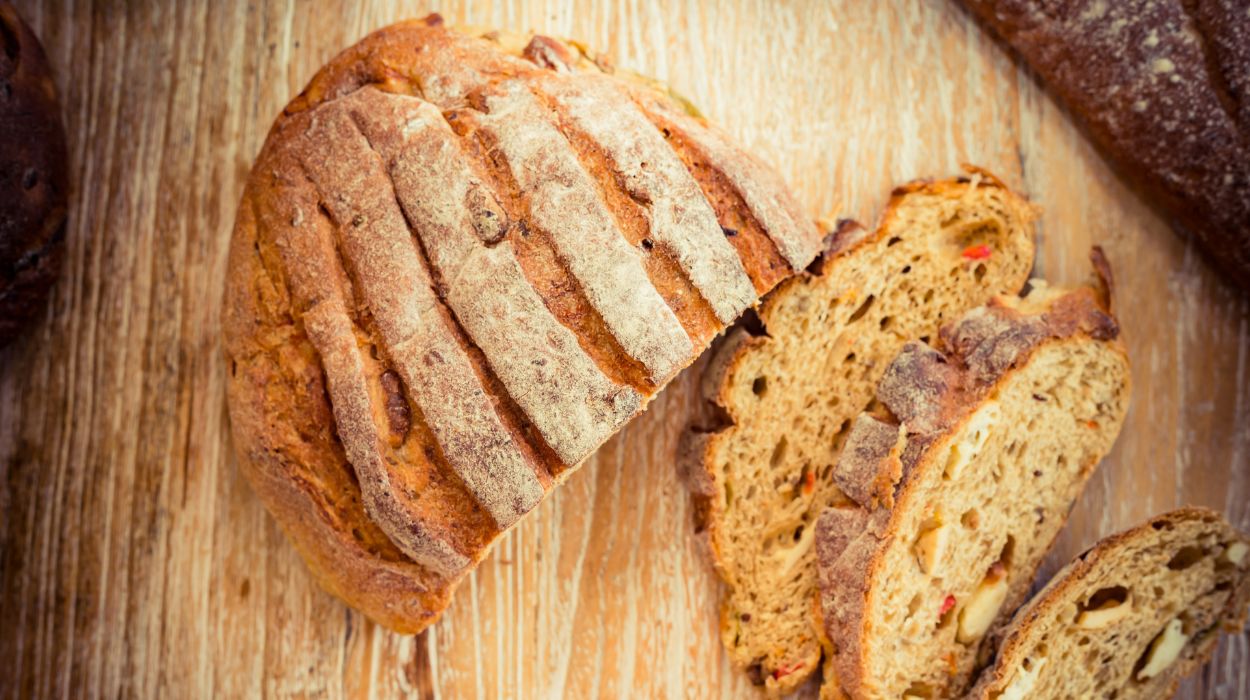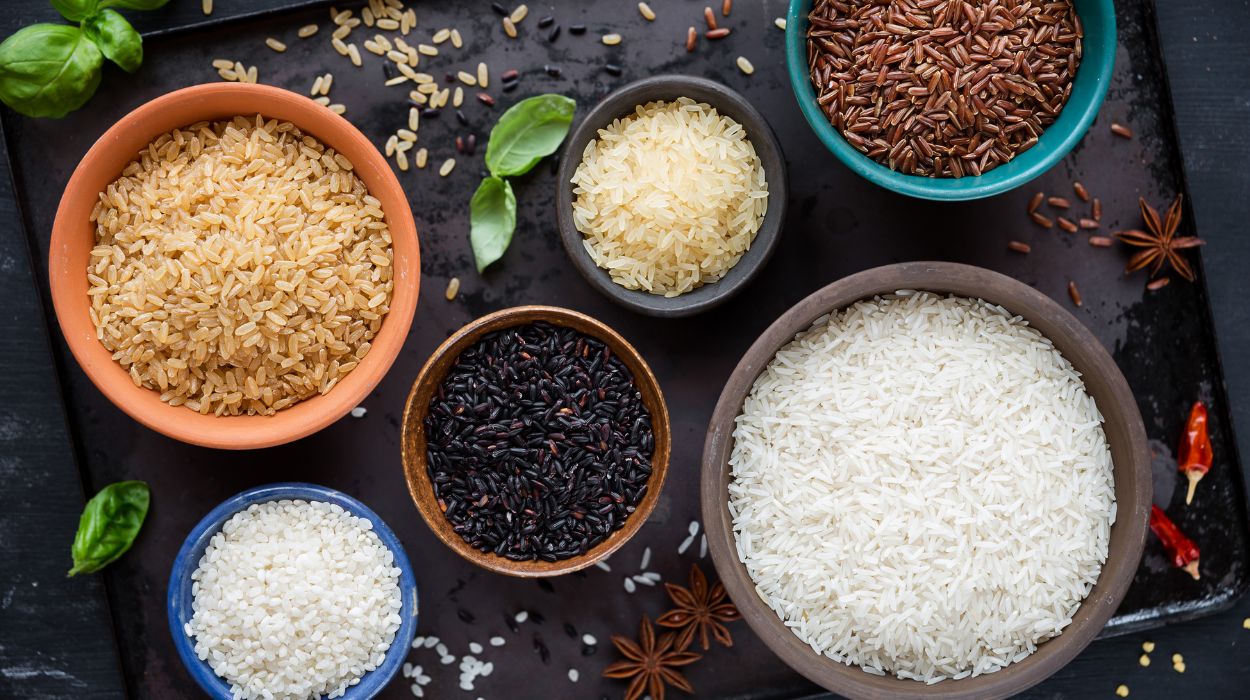What Is Vegan Butter? A Comprehensive Guide In 2023
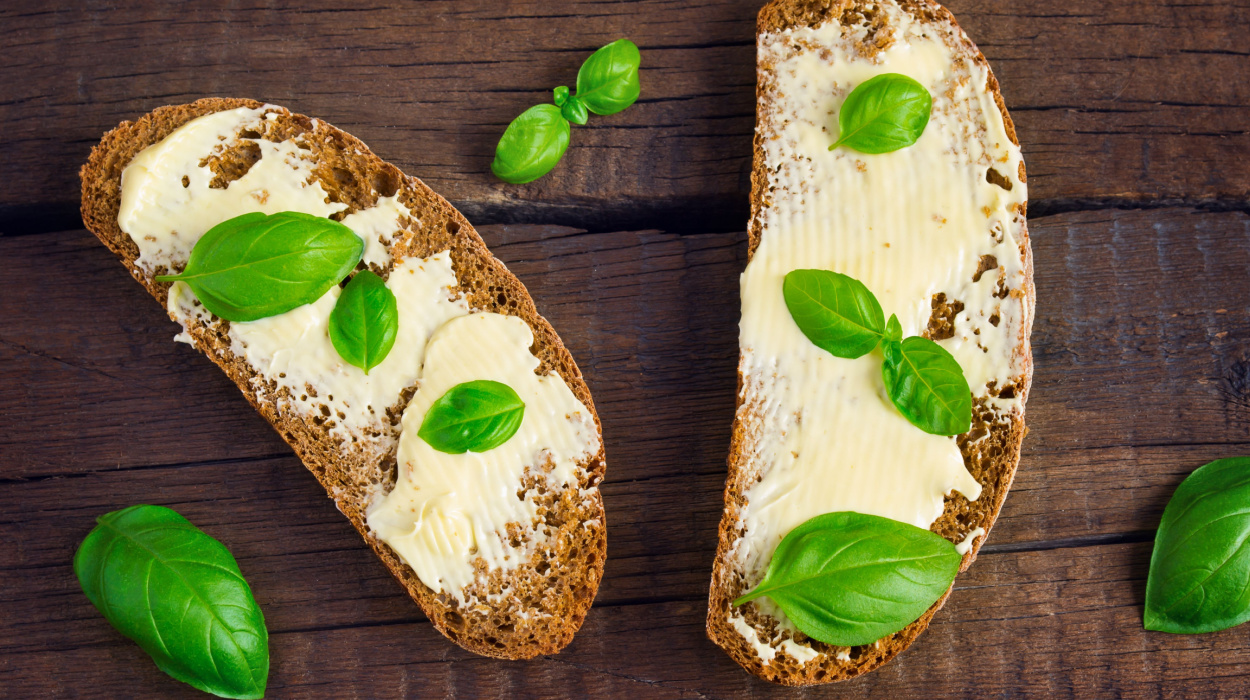
Vegan butter comes from plant-based fats.
Starting your vegan diet journey and wondering what butter options are available?
Maybe you’re sad about missing the creamy richness of traditional butter. The good news? Vegan butter offers a delectable, cruelty-free alternative that perfectly complements your plant-based lifestyle.
Even if you’re a committed vegan, understanding what it is and how it compares to traditional butter helps. This article covers the ingredients commonly used in it and their nutritional profiles.
You’ll also learn the potential benefits of incorporating vegan butter into your diet. Finally, we’ll consider certain drawbacks and limitations, including potential allergens. So, you can get the answer to, “Is vegan butter healthy?”
Key Takeaways
Vegan butter is a dairy-free alternative made from plant-based oils, nuts, and seeds. It offers various benefits, such as providing essential vitamins and minerals and a tasty alternative to dairy butter.
However, be mindful of additives in certain products. It can be a healthy choice but should be balanced with a range of whole plant-based foods for a well-rounded diet.
What Is Vegan Butter?
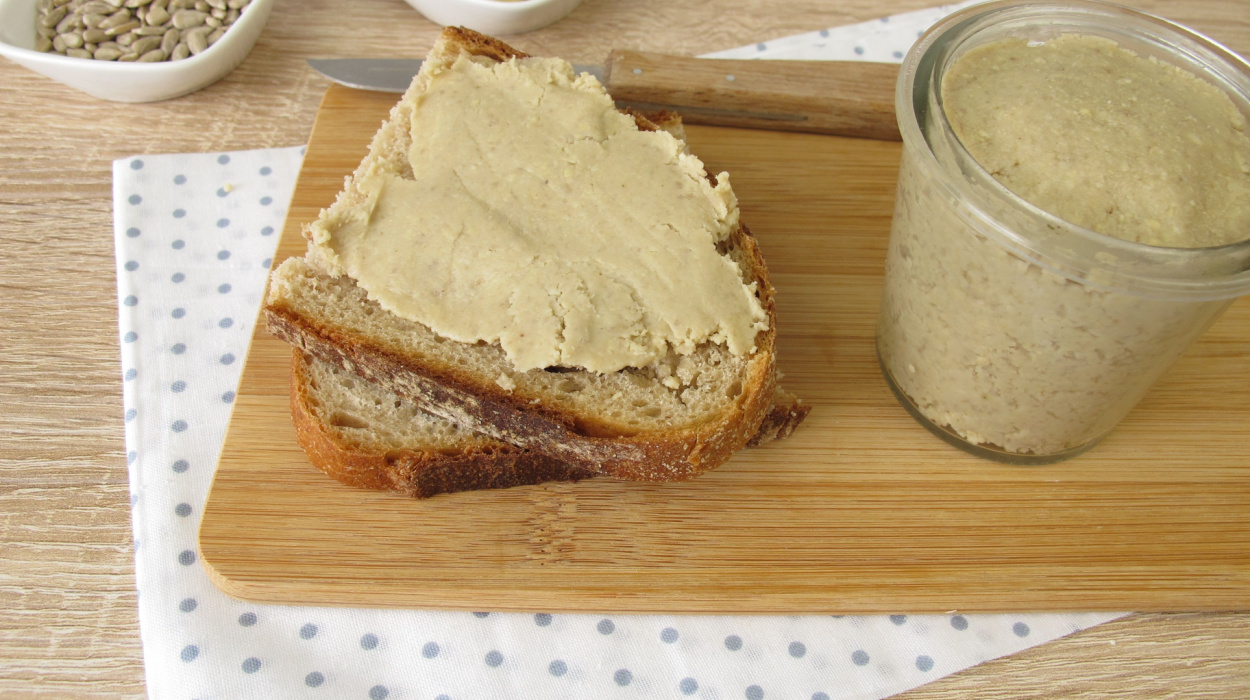
What is vegan butter? It is a plant-based alternative to traditional dairy butter, specifically designed to imitate its taste, texture, and functionality. It’s made without any animal-derived ingredients, making it suitable for people following a vegan or dairy-free lifestyle.
Unlike dairy butter, made from animal milk, vegan butter is typically made from plant oils and fats. Common ingredients used include coconut oil, vegetable oils, such as sunflower, canola, or avocado oil, and sometimes additional emulsifiers or flavors to mimic the creamy, buttery taste.
Vegan butter can be used for spreading on bread, toast, or baked goods, as well as for cooking and baking purposes.
Different brands and varieties are available, each with its unique formulation and taste. Some may have a distinct coconut flavor due to the use of coconut oil, while others may be more neutral in taste.
Vegan butter offers a dairy-free alternative for individuals who choose to avoid animal products or have dietary restrictions. Not only does it provide a similar creamy texture, but it also offers a range of flavors to suit different vegan foods.
What Is In Vegan Butter? What Is Vegan Butter Made Out Of?
It is made using a combination of ingredients carefully selected to replicate or imitate traditional butter.
While the specific formulation may vary between brands, the following are common ingredients found in dairy imitation vegan butter:
1. Plant Oils
This butter typically starts with a base of vegetable oils, such as coconut, sunflower, canola, avocado, or olive oil. These oils provide the rich and creamy texture associated with traditional butter. There is typically a higher proportion of monounsaturated fats in vegan butter than in regular butter, which creates a more favorable cardiovascular risk profile[1] for consumers.
2. Emulsifiers
The use of emulsifiers[2] like sunflower lecithin or soy lecithin is often used to achieve a smooth and spreadable consistency. These additives help bind the oils and water content together, preventing separation and creating a stable texture.
3. Water
Adding water helps achieve the desired moisture content in the butter and contributes to its smooth texture.
4. Natural Flavors
Natural flavors are incorporated into the butter to mimic the characteristic buttery taste. These flavors can vary but are typically plant-derived and carefully blended to recreate the familiar taste of dairy butter.
5. Salt
Just like classic butter, vegan butter often contains salt to enhance the flavor and provide a hint of savory taste.
In understanding, “What is vegan butter made of? it is also important to know that some brands may fortify their butter with vitamins or add coloring agents to achieve a more yellow hue resembling traditional butter.
Possible Benefits
Is vegan butter healthy? Several potential benefits make it a safe choice for individuals following a plant-based diet. Here are a few:
1. Nutrient-Rich
Vegan butter can provide a range of essential vitamins and minerals in one product. These nutrients contribute to the nutritional value of the butter and support various bodily functions.
Adding iodine to any vegan dairy product[3] is a plus, as the iodine content in dairy alternatives is low, creating a risk for iodine deficiency in vegan consumers. So, look for fortified butter alternatives that contain iodine.
2. Natural Ingredients
Vegan butter typically doesn’t require the use of stabilizers or sweeteners. Instead, it can achieve its desired texture and taste through the natural properties of plant-based ingredients. For example, considering the brand buttery sticks, these properties include its natural flavor. This provides a more wholesome and less processed product.
3. Environmentally Friendly
Studies show that plant-based products, including vegan butter options, can be environmentally safer. Compared to traditional dairy butter, plant-based spreads with vegetable oils like palm oil have lower climate, water, and land impacts. Overall emissions for plant-based products are lower, contributing to a more sustainable food choice.
Drawbacks To Consider
While vegan butter can be a suitable alternative for those on a vegan diet, there are a few drawbacks to remember. Check out the factors to consider:
1. Higher Saturated And Omega-6 Fat Content
Vegan butter and its substitutes often require saturated fats to help keep them solid at room temperature. This potentially high saturated fat content can be a concern for individuals who need to limit their saturated fat intake, such as those with heart health concerns. There is also an abundance of omega-6 fatty acids, which, if consumed in abundance over omega-3 fatty acids, may cause inflammation and obesity[4] — so obtaining adequate omega-3s is essential when consuming vegan butter.
So, consume this butter in moderation. Also, consider healthy omega-3 fat sources such as flaxseeds and chia seeds and other sources of nutrients, such as green powders, for optimal health.
2. Additives And Colorings
Some products may contain additives and colorings to achieve a taste and appearance similar to classic butter. These additives are generally considered safe for consumption. But, vegans with sensitivities to certain additives may be at risk after eating these kinds of butter. Opting for minimally processed options can help mitigate this concern.
3. Potential Allergens
While vegan butter offers a dairy-free option for individuals following a vegan or lactose-free lifestyle, it’s important to know that some varieties may still contain potential allergens.
Common allergens found in this kind of butter include soy, coconut, and gluten. Some varieties may incorporate soy-based ingredients like soy lecithin or soy protein, which can be problematic for individuals with soy allergies.
While coconut oil does not have the allergenic protein found in the flesh of the coconut, individuals with specific coconut allergies should exercise caution. Moreover, individuals with gluten sensitivities or celiac disease should be mindful. Certain brands may introduce cross-contamination risks due to gluten-containing additives or shared manufacturing facilities.
While vegan butter can be a tasty addition to meals and recipes, a balanced vegan diet should primarily focus on whole foods. Relying heavily on processed vegan butter or a vegan meal replacement may limit your intake of fruits, veggies, or whole grains. These other vegan foods are rich in fiber, vitamins, and minerals.
Consult with a healthcare professional or registered dietitian for personalized advice based on your nutritional needs. You can even explore vegan meal delivery options to make your vegan lifestyle more convenient.
Conclusion
Vegan butter is a dairy-free alternative that caters to individuals following a vegan or plant-based diet. It offers various benefits, such as providing essential vitamins and minerals and giving that same buttery taste without using animals in the process.
To make the most of it, be mindful of portion sizes and balance it with a diverse range of whole plant-based foods. These would include fruits, vegetables, and whole grains. Incorporating a variety of nutrient-dense ingredients ensures a well-rounded diet.
Also, check the ingredient list for potential allergens when choosing vegan butter if you have food sensitivities. It’s also advisable to opt for the best brands with minimally processed options and consider the environmental impact of your choices.
Considering these factors, you can mindfully eat vegan butter as part of a balanced diet that meets your vegan philosophies.
Frequently Asked Questions
It can be healthier as it may contain less saturated fat than classic butter but is still high in saturated fats. However, checking the specific brand and ingredients is important to ensure it aligns with your dietary goals.
Vegan butter replicates the taste and texture of classic butter. But the flavor may vary depending on the ingredients used. Some people find vegan butter a delicious and satisfactory substitute, while others may notice a slight difference.
The main difference is the source of the fat. Butter comes from animal milk, while vegan butter is derived from plant-based fats. Vegan butter is dairy-free and suitable for vegan or plant-based diets.
The main difference is the source of the fat. Butter comes from animal milk, while vegan butter is derived from plant-based fats.
Vegan butter can be used as a substitute in recipes that call for butter. However, it’s important to consider vegan butter’s different melting points and textures. These factors may affect the outcome of certain recipes.
Vegan butter can contain allergens, such as soy, depending on the specific brand and ingredients used. Always check the label for allergen warnings if you have food sensitivities or allergies.
Yes, vegan butter can be used as a spread for bread, toast, or other baked goods, just like traditional butter. It offers a creamy and flavorful option for those following a vegan or plant-based diet.
Vegan butter is commonly available in health food stores, specialty grocery stores, and even some mainstream supermarkets. You can also find plant-based butter online while you explore different brands and varieties to suit your tastes.
Resources
MANA adheres to strict sourcing guidelines and abstains from utilizing tertiary references. We rely on peer-reviewed studies, academic research from reputable medical associations and institutions to ensure the accuracy of our articles. For more information regarding our editorial process, please refer to the provided resources.
- Hayes, J. and Benson, G. (2016). What the Latest Evidence Tells Us About Fat and Cardiovascular Health. Diabetes Spectrum, [online] 29(3), pp.171–175. doi:https://doi.org/10.2337/diaspect.29.3.171.
- Martina De Siena, Raoul, P., Costantini, L., Emidio Scarpellini, Cintoni, M., Gasbarrini, A., Emanuele Rinninella and Maria Cristina Mele (2022). Food Emulsifiers and Metabolic Syndrome: The Role of the Gut Microbiota. Foods, [online] 11(15), pp.2205–2205. doi:https://doi.org/10.3390/foods11152205.
- Alzahrani, A., Ebel, R., Norton, G., Raab, A. and Feldmann, J. (2023). Iodine in plant-based dairy products is not sufficient in the UK: A market survey. Journal of Trace Elements in Medicine and Biology, [online] 79, pp.127218–127218. doi:https://doi.org/10.1016/j.jtemb.2023.127218.
- Simopoulos, A.P. (2016). An Increase in the Omega-6/Omega-3 Fatty Acid Ratio Increases the Risk for Obesity. Nutrients, [online] 8(3), pp.128–128. doi:https://doi.org/10.3390/nu8030128.


